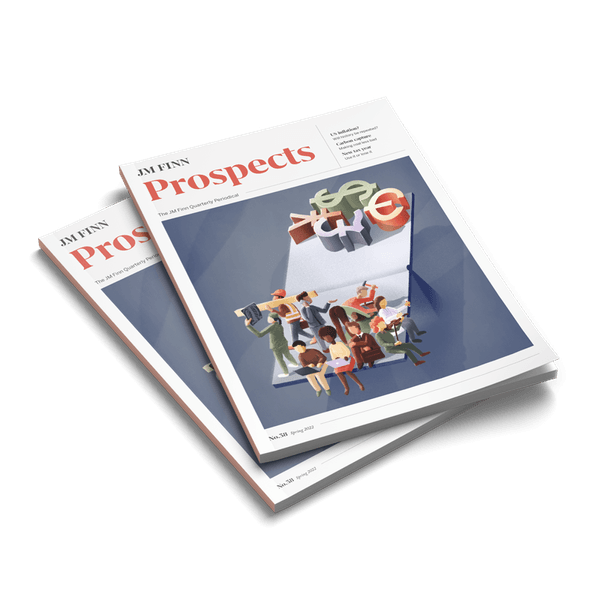The coronavirus pandemic had arrived, with all the disruption and uncertainty that was generated as a consequence. For much of the following two years the media was dominated by the ravages being wrought by Covid-19, as we came to know it, and by the measures introduced by the government to combat its spread.
We now know that the effect on our economy was considerable, but also that we were able to bounce back swiftly – at a price, of course. Government borrowing soared as support to businesses was put in place and the costs associated with the medical emergency ratcheted up. Less easy to predict was the impetus the pandemic delivered to inflation, partly because of changes in buying patterns all around the world, with supply chain disruption adding to costs. With the labour market also thrown into turmoil, the rapid rise in the cost of living now appears more understandable.
It is doubtful that the cost of living would have risen quite so much without the events of the past two years.
But the restrictions that seemed so necessary two years ago are now being dismantled. While some changes brought about by the virus look likely to stick, the fact is we are entering a period of relative normality, albeit a somewhat different normal to that which existed before the term coronavirus became common currency. Just as masks are commonly worn in some Far Eastern countries, so we had better get used to seeing them regularly in this country, particularly in medical facilities. And the boost to online shopping occasioned by successive lockdowns is unlikely to be reversed, with all this might mean for our high streets.
In economic terms the pandemic has bequeathed a legacy that is likely to have a mixed effect over the coming years. The sheer size of government debt will doubtless constrain spending in the months and years to come, while making reductions to the tax burden that much more difficult to justify. That said, a Conservative government will almost certainly aim to be able to introduce at least the promise of tax cuts by the time of the next election.
Then there is the effect of rising inflation to take into account. While this is not solely the consequence of the measures various countries have put in place to contain the virus, it is doubtful that the cost of living would have risen quite so much without the events of the past two years. Aside from the additional strain this places on consumers’ pockets, it will raise the costs of servicing the borrowing undertaken to ward off the economic consequences of the pandemic. On the plus side, it should over time devalue the debt, though we should now expect measures to be introduced to lessen the risk of high inflation continuing for too long.
If normality persists, then the labour shortage in some sectors could become more acute. Hospitality has suffered from a loss of inexpensive workers from, in particular, eastern Europe as a result of Brexit and from those who have left the industry to seek employment elsewhere because of lockdowns. Other industries, like road haulage and home deliveries, have also seen problems created by both a lack of suitable workers and changes in demand and delivery patterns. While these should sort themselves out in the fullness of time, shorter term promises to be difficult.
But overall, the ending of legal constraints must be taken as a positive sign. Perhaps it would be unwise to assume that this pandemic is entirely behind us, but the ability of economies to recover and the lessons learned in how to manage such a difficult set of circumstances should give us greater confidence in the future. Quite how to translate our experience over the past two years into sensible predictions as to what we might expect from markets is another matter altogether.
The ability of economies to recover and the lessons learned in how to manage such a difficult set of circumstances should give us greater confidence.
What we do know is that markets always overreact – in both directions. Perhaps the bear market that ensued once the full extent of the spread of the coronavirus became apparent was an overreaction, but then we really didn’t know what the final cost of this pandemic was likely to be – in both human and financial terms. Similarly, the rebound, which took many markets into new high ground, now looks an overreaction in the opposite direction, though the pull back we have seen in recent months has more to do with the situation between Russia and Ukraine than with any concerns that the economic recovery might fade.
Indeed, it is fair to say that the focus on what might drive markets in the weeks and months to come now has much less to do with post-pandemic life than what is going on elsewhere in the world. Russia, China and inflation – all are likely to have an impact on investor sentiment as we roll through the spring and into summer. Markets will continue to surprise, but some pleasant surprises will not go amiss.
Illustration by Isabelle Bamburg




